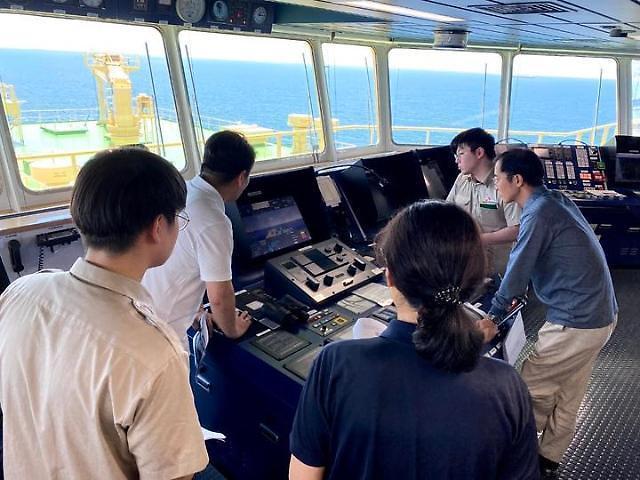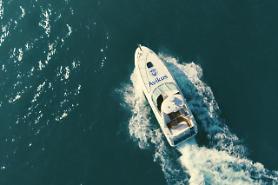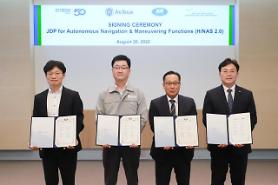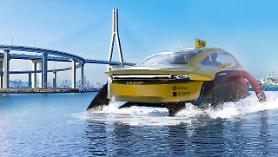
SEOUL, March 26 (AJU PRESS) -- Avikus, a South Korean self-sailing solution developer affiliated with HD Hyundai, has demonstrated the effectiveness of reducing fuel consumption with its autonomous navigation system called "HiNAS Control." After installing the system on a 32,500-ton carrier operating along the route between Singapore and Brazil, the company witnessed fuel savings of up to 15 percent.
HiNAS Control utilizes artificial intelligence to recognize surrounding obstacles and identify potential risks. It integrates data from various navigation equipment and sensors to guide and control the ship effectively. To verify its fuel consumption efficacy, Avikus tested HiNAS Control on a 9,334-kilometer (5799.9-mile) route between Singapore and Brazil, using a 325,000-ton-class ore carrier provided by Pan Ocean, a Seoul-based shipping company.
According to HD Hyundai on Tuesday, Avikus received approval from the Korean Register, a domestic maritime classification society, confirming that HiNAS Control can reduce fuel consumption by up to 15 percent. HD Hyundai anticipates a potential reduction in carbon emissions of up to 10 percent as fuel consumption decreases.
"We have reached a significant milestone in the sustainable development of the shipping industry by proving that autonomous ships can respond to carbon emission regulations," Avikus CEO Lim Do-hyeong said in a statement. He added: "Self-sailing ships will mark a new era for the sustainable development of the shipping sector."
To reduce greenhouse gas emissions from vessels by 30 percent by 2025, the International Maritime Organization (IMO), a U.N. maritime safety agency, has adopted compulsory energy-efficiency measures. South Korean shipbuilders were prompted by the regulation to develop green technologies for ships.
Copyright ⓒ Aju Press All rights reserved.




